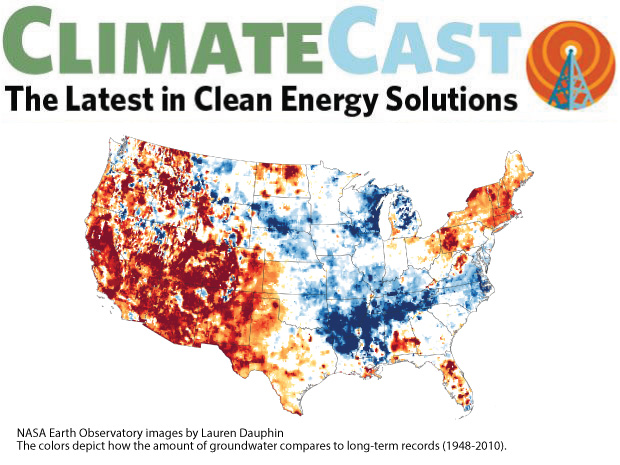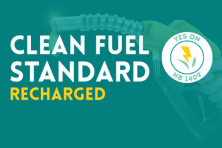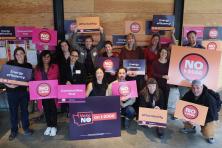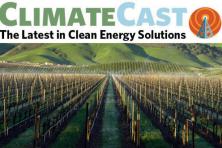100% clean energy, not just a PNW thing
Oregon made headlines earlier this year, quietly passing the most ambitious 100% clean electricity standard in the country, but it may not be alone in 2021. On Tuesday this week the US House of Representatives approved the outlines of a $3.5 trillion budget that includes at least $150 billion for a clean electricity standard, part of President Biden’s goal of ending power plant emissions by 2035. States continue to lead in the effort towards clean energy mandates, with four other states making progress just this year. This week, Stanford University became the first university to commit to 100% renewable energy (by 2022).
Everything but brimstone: fire, flood, drought, and storms are changing intensely and rapidly across the planet
It’s been a summer of extreme extremes with historically large wildfires in California, Oregon, and Washington, but also instances in states less typically in the headlines like Minnesota and Michigan. The climate crisis is driving more frequent and intense extreme weather events with drier drought and wetter rainfall seen across the US and the globe. With drought conditions affecting nearly half the landmass in the US, people in states like North Dakota, Arizona, and California are making hard choices about water use. Other states are experiencing extraordinarily wet conditions, including flooding in Arizona and Tennessee. This summer’s storm season, already more active than previous years, continues to see higher intensity, slower moving storms. As communities remember intense storms and prepare for the changing unpredictability of more frequent hurricanes, these events provide an opportunity to connect climate impacts and daily experiences.
Equity in focus: scoring environmental justice, new solar connections, and listening to rural areas
With environmental racism and climate justice moving to the forefront of the climate movement, communities are beginning to see federal prioritization and response to decades of organizing and demands. The White House launched Justice40 earlier this summer, with 21 priority programs to begin enhancing benefits to disadvantaged communities as part of Biden’s pledge that 40 percent of climate, energy and infrastructure spending go to overburdened and marginalized neighborhoods. Hailed as a “big test for environmental justice”, the program includes a range of efforts including reassessing distribution of disaster funding and community listening sessions. Yet many in the private sector remain woefully behind, with a new scorecard published last week ranking 100 companies on environmental racism. Microsoft lands the number one spot in leading on addressing climate and racial equity, and has launched a new project with a Black-owned solar firm.
One thing you can do:
Climate Solutions is partnered with a number of organizations pushing for federal climate action including stronger clean car standards and in support of a nationwide clean electricity standard. You can sign on in support via Evergreen Action or the Center for American Progress.





